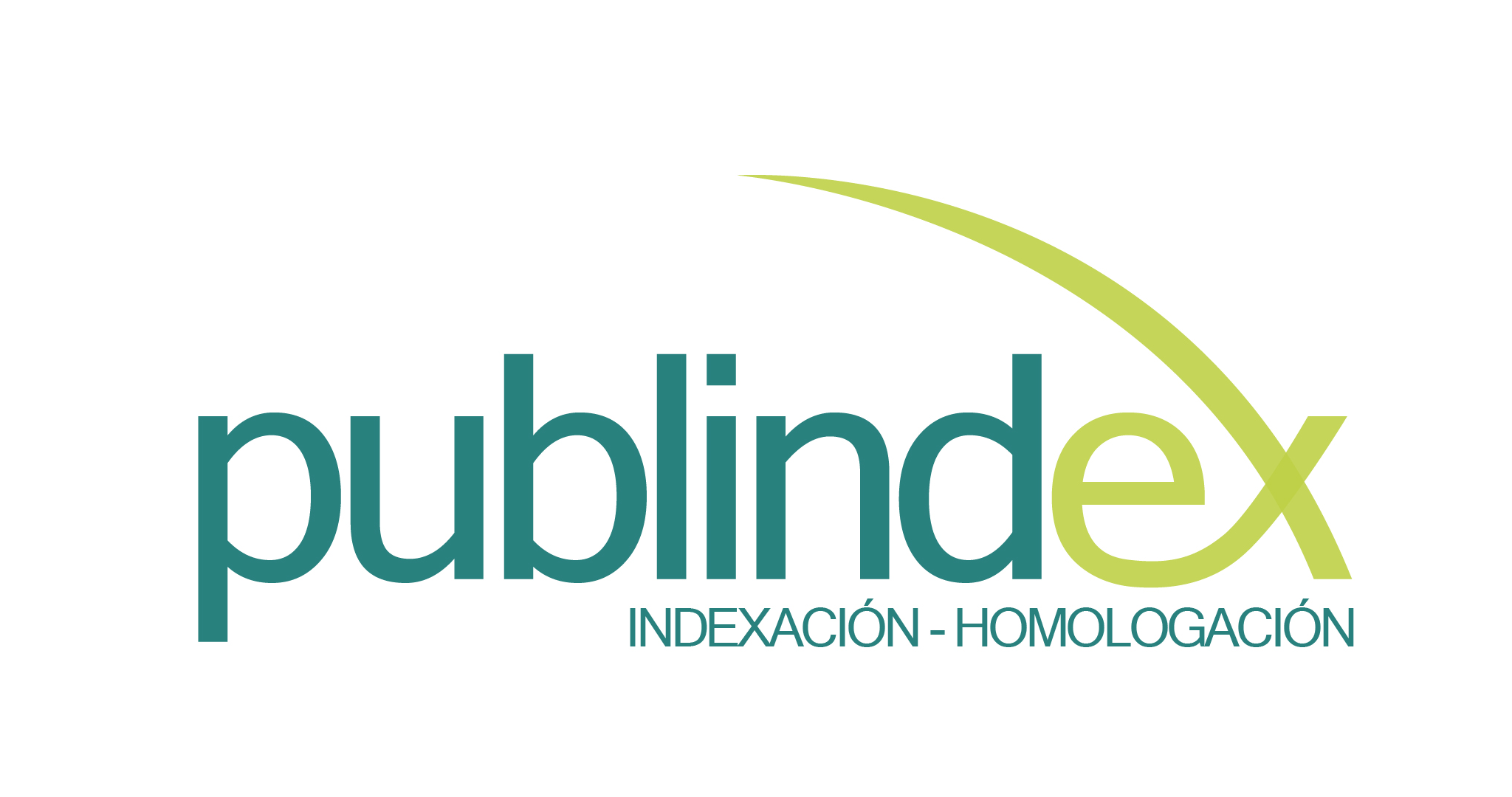Financial proposal for the creation of the agro tourism coffee route of the municipality of Gramalote, North of Santander
DOI:
https://doi.org/10.17981/econcuc.41.1.2020.Econ.4Keywords:
Agrotourism, Coffee, Culture, Landscape, Route, TourismAbstract
This article analyzes the feasibility of creating an agro-tourist coffee route for the Municipality of Gramalote, Norte de Santander, Colombia. The proposal is made due to income difficulties presented by rural people, a situation that has created an enormous economic gap between rural and urban. In this same sense, the municipality of Gramalote and its surrounding villages have traditionally been producers of the grain and has a rich cultural and gastronomic heritage, as well as a privileged geography that makes it a potential attraction for people seeking a different form of tourism, based on tranquility and clean air, as well as the search for new experiences. Likewise, the declaration of the cultural landscape of coffee, by Unesco, as a patrimony of humanity, has contributed to the fact that many tourists, especially foreigners, are interested in this type of activity. The general objective of the research was to identify the competitive bets for the agro-tourist route of the coffee sector in the municipality of Gramalote Norte de Santander, concluding that this is economically viable, and that the residents of the areas are interested in the possibility of its creation due to the fact that it can become an excellent source of income, allowing them to improve their quality of life.
Downloads
References
Alcaldía Municipal de Gramalote en Norte de Santander. Concejo municipal. (1 de junio de 2016). Plan de desarrollo “unidos por Gramalote 2016-2019”. [Acuerdo 012]. Disponible en http://www.gramalote-nortedesantander.gov.co/planes/unidos-por-gramalote-20162019
Alcaldía Municipal de Gramalote en Norte de Santander. (2015). Documento de Análisis Situación de Salud 2015. ASIS 2015. [Online]. Disponible en http://www.gramalote-nortedesantander.gov.co/
Arias, F. G. (2012). El proyecto de investigación. Introducción a la metodología científica. (6 ed.). Caracas: Episteme.
Kay, C. (2007). Pobreza rural en América Latina: teorías y estrategias de desarrollo. Revista mexicana de sociología, 69(1), 69–108. Recuperado de http://revistamexicanadesociologia.unam.mx/index.php/rms/article/view/6084
Monje, C. (2011). Metodología de la investigación cuantitativa y cualitativa. Neiva: Universidad Surcolombiana.
Pérez, M. E., Chumaceiro, A. y Acosta, I. (2019). Sostenibilidad social en el sector agroindustrial del estado Trujillo–Venezuela. Un constructo relevante para el desarrollo. Opción, 35(90), 100–149. Disponible en https://produccioncientificaluz.org/index.php/opcion/article/view/30460/31506
Pérez, S. F. (2010). El valor estratégico del turismo rural como alternativa sostenible de desarrollo territorial rural. Agronomía Colombiana, 28(3), 507–513. Disponible en https://revistas.unal.edu.co/index.php/agrocol/article/view/14688
República de Colombia. DNP. (2015). Plan nacional de desarrollo para Gramalote. [Online]
República de Colombia. DNP. (2014). Política para la Preservación del paisaje cultural Cafetero de Colombia. [Conpes 3803]. Recuperado de https://colaboracion.dnp.gov.co/CDT/Conpes/Econ%C3%B3micos/3803.pdf
República de Colombia. Fondo de adaptación. Federación Nacional de Cafeteros. Municipio de Gramalote. (2012). Convenio No. CN-2012-1357. [Online]. Recuperado de http://fondoadaptacion.gov.co/download/ConvenioFA_Federacion_Cafeteros_mpio_Gramalote(2).pdf
República de Colombia. Ministerio de Cultura. (7 de octubre de 2011). Por la cual se reconoce al Paisaje Cultural Cafetero de Colombia como Patrimonio Cultural de la Nación. [Resolución 2079]. Diario Oficial: 48.634. Recuperado de https://www.mincultura.gov.co/prensa/noticias/Documents/Patrimonio/5.%20resoluci%C3%B3n%202079%20de%202011%20PCC.pdf
Rincón, C. (s.f.). Paisaje Cultural Cafetero. [Online]. Mincultura. Disponible en http://www.mincultura.gov.co/areas/patrimonio/investigacion-y-documentacion/politicas-planes-y-programas/Paginas/Paisaje-Cultural-Cafetero.aspx
Semana. (agosto, 2015). Una dura radiografía del campo colombiano. semana.com. Recuperado de https://www.semana.com/economia/articulo/campo-colombianoen-la-pobreza/438618-3

Published
How to Cite
Issue
Section
License
Copyright (c) 2020 Johanna Milena Mogrovejo Andrade, Cesar Augusto Panizo Cardona, Marilyn López Echeverry

This work is licensed under a Creative Commons Attribution-NonCommercial-NoDerivatives 4.0 International License.
You are free to:
- Share — copy and redistribute the material in any medium or format
- The licensor cannot revoke these freedoms as long as you follow the license terms.
Under the following terms:
- Attribution — You must give appropriate credit , provide a link to the license, and indicate if changes were made . You may do so in any reasonable manner, but not in any way that suggests the licensor endorses you or your use.
- NonCommercial — You may not use the material for commercial purposes .
- NoDerivatives — If you remix, transform, or build upon the material, you may not distribute the modified material.
- No additional restrictions — You may not apply legal terms or technological measures that legally restrict others from doing anything the license permits.

 English
English
 Español (España)
Español (España)














